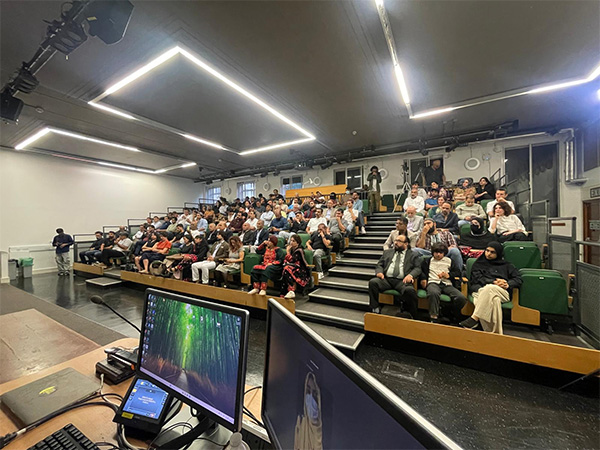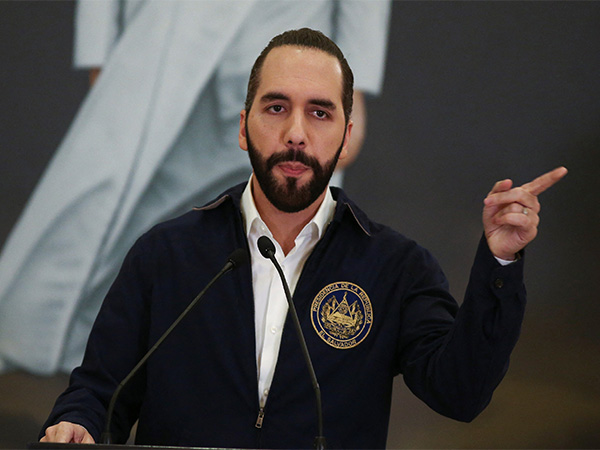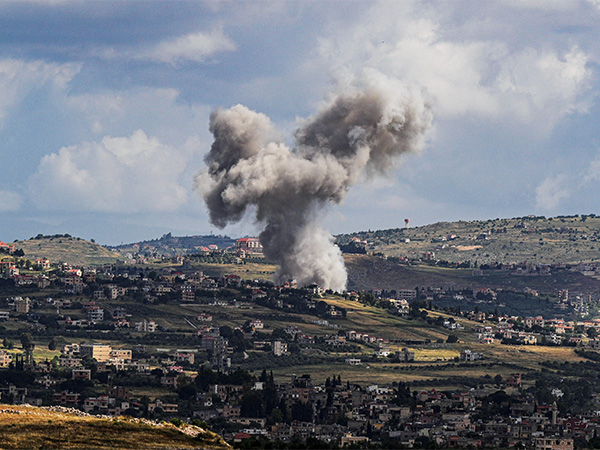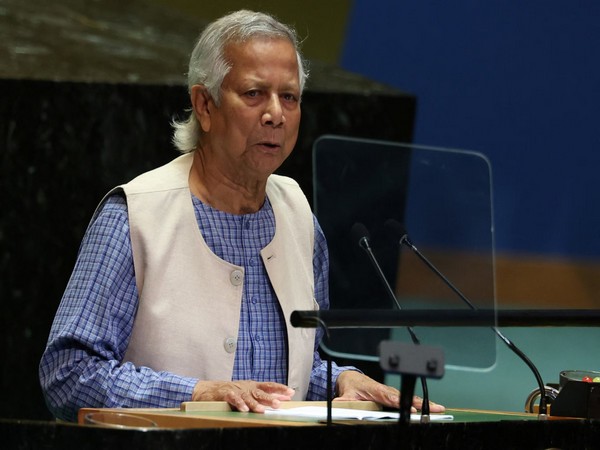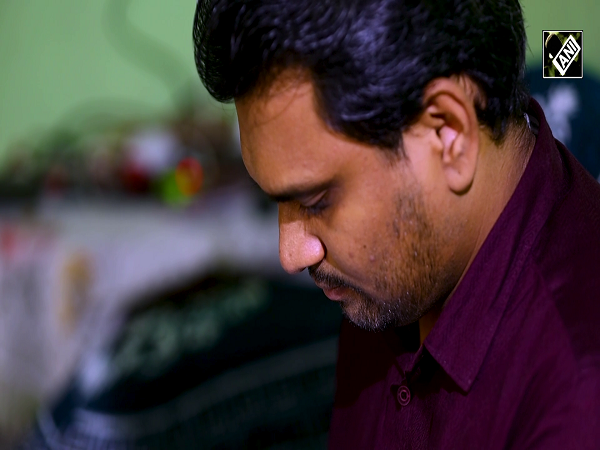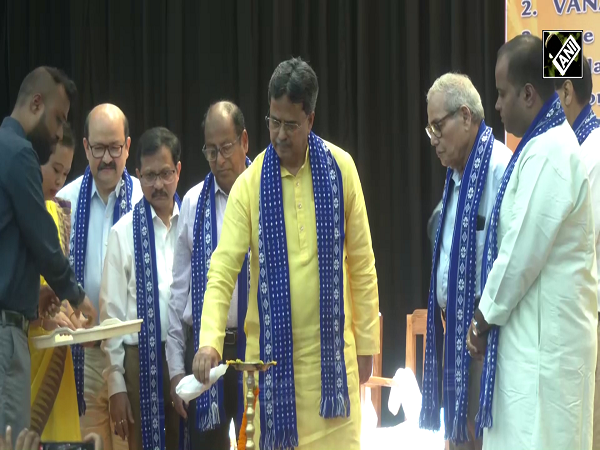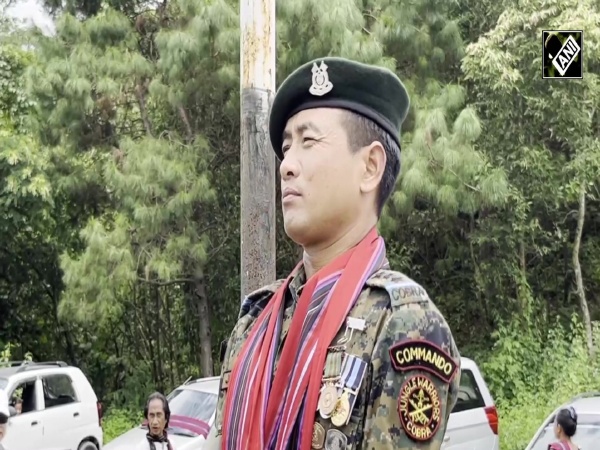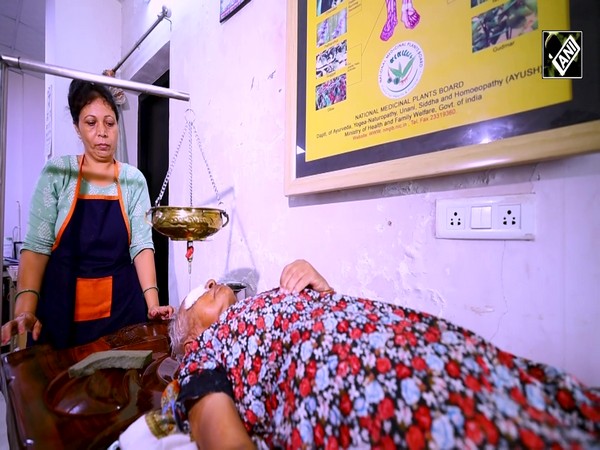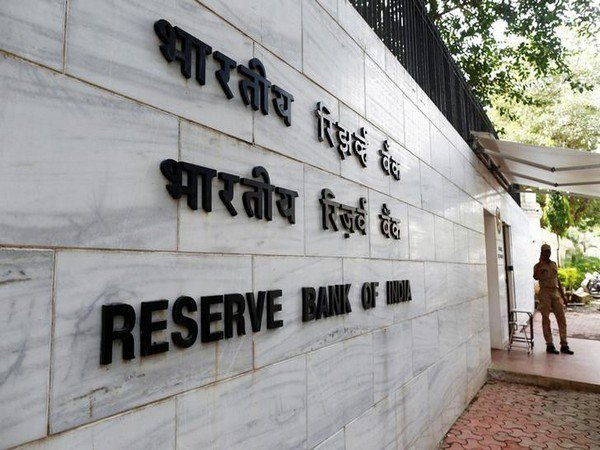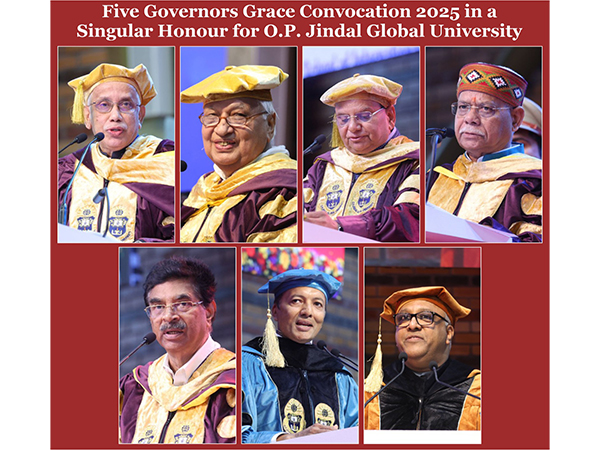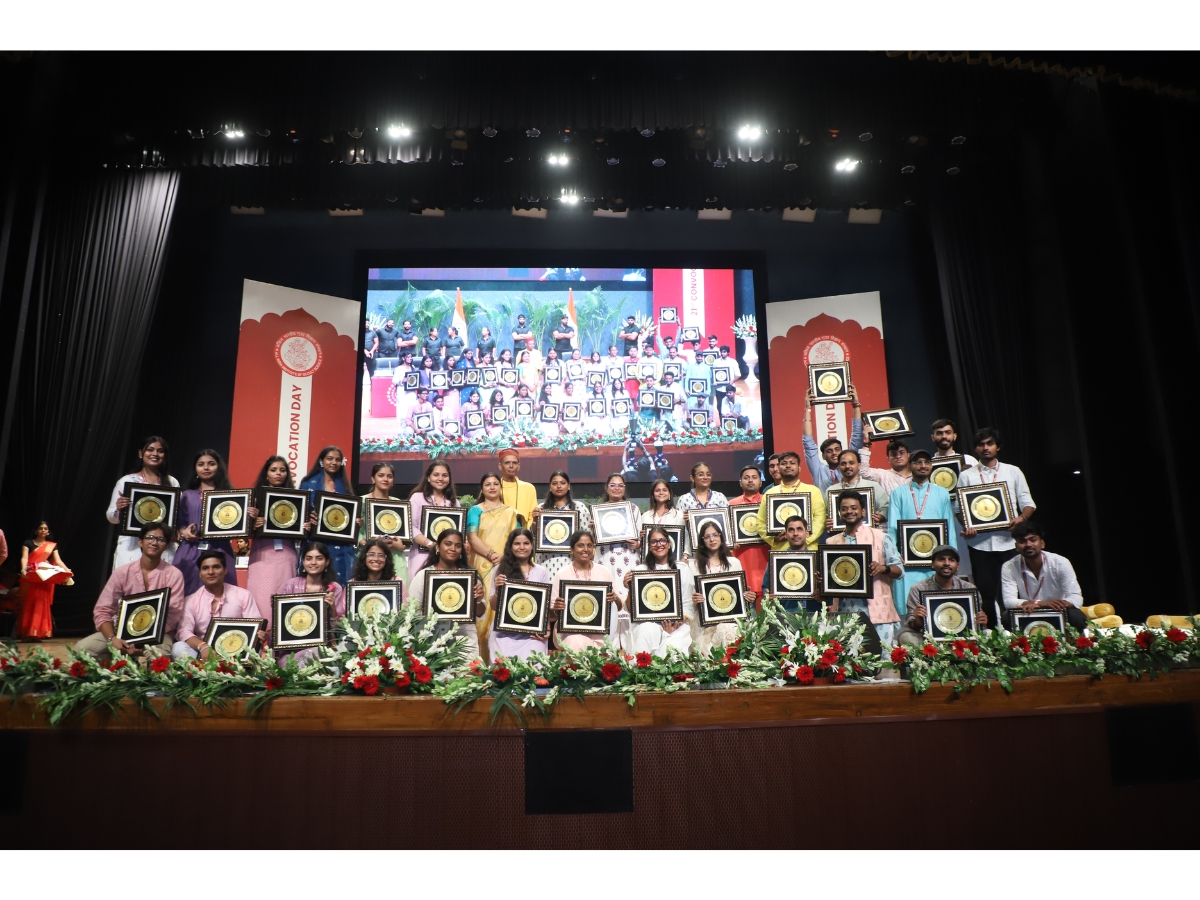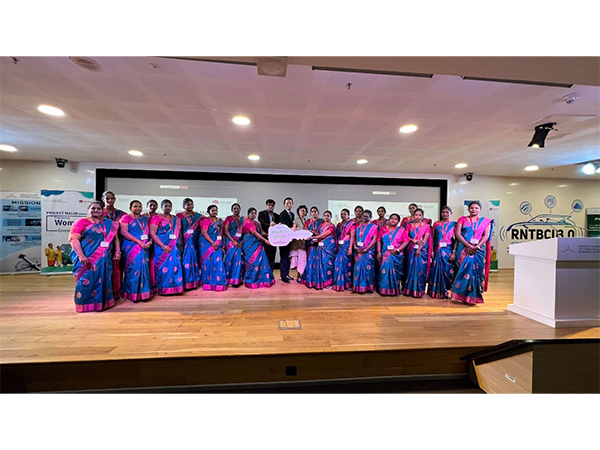
Two Tibetan men detained for Dalai Lama tribute as China deepens religious repression
Jul 31, 2025
Ngaba (Sichuan Province) [Tibet], July 31 : Chinese authorities have arbitrarily detained two young Tibetan men, Tsukte (popularly known as Asang) and Pelkyong, for performing a cover of a song in honor of the Dalai Lama's 90th birthday, in yet another instance of cultural suppression in occupied Tibet, according to the Tibetan Centre for Human Rights and Democracy (TCHRD).
Asang and Pelkyong, both from Adue Village in Ngaba (Ch: Aba) County, Sichuan Province, were picked up by security forces in early July 2025, shortly after uploading a cover version of the song Prince of Peace to the Chinese social media platform Kuaishou.
The song, originally released in 2006 by Tibetan singer Sherten with lyrics by Arig Choten Thar, praises the Dalai Lama's life and legacy, topics deemed politically sensitive by Beijing. The duo's version gained brief popularity before it was taken down, and Asang's Kuaishou account was subsequently disabled, TCHRD reported.
Asang, a rising singer from the Naktsang family in Barma Township, is known for promoting Tibetan culture, language, and spirituality through his music.
A student of the well-known Dhunglen artist Gebey, himself previously detained for his art, Asang also performed at a major religious gathering at Kirti Monastery earlier this year. He is married with one child, and his wife, Lhamo, is currently expecting their second. Lhamo has received no legal information regarding her husband's location or condition and is reportedly suffering severe emotional distress, according to TCHRD.
Pelkyong, also a young father from Adue Village, was detained around the same time. No formal charges have been announced, and their families remain in the dark regarding their status.
In a related incident, Tibetan monk Tsewang Dhongo of Adue Monastery was also detained around July 1 for posting a symbolic image commemorating the Dalai Lama's birthday. Over four weeks later, his whereabouts remain unknown. Dhongo was studying Madhyamaka (Middle Way) philosophy before his detention, the TCHRD report added.
These cases are part of what TCHRD calls a "systematic crackdown" on any public expression of Tibetan cultural or religious identity, especially reverence toward the Dalai Lama. Past cases, such as the 2023 sentencing of singer Palden to three years for performing a song perceived to reference the Dalai Lama, illustrate how Chinese authorities conflate peaceful cultural acts with political dissent.
TCHRD has called on the Chinese government to immediately release Asang, Pelkyong, and Tsewang Dhongo and to end the criminalisation of Tibetan cultural expression.

